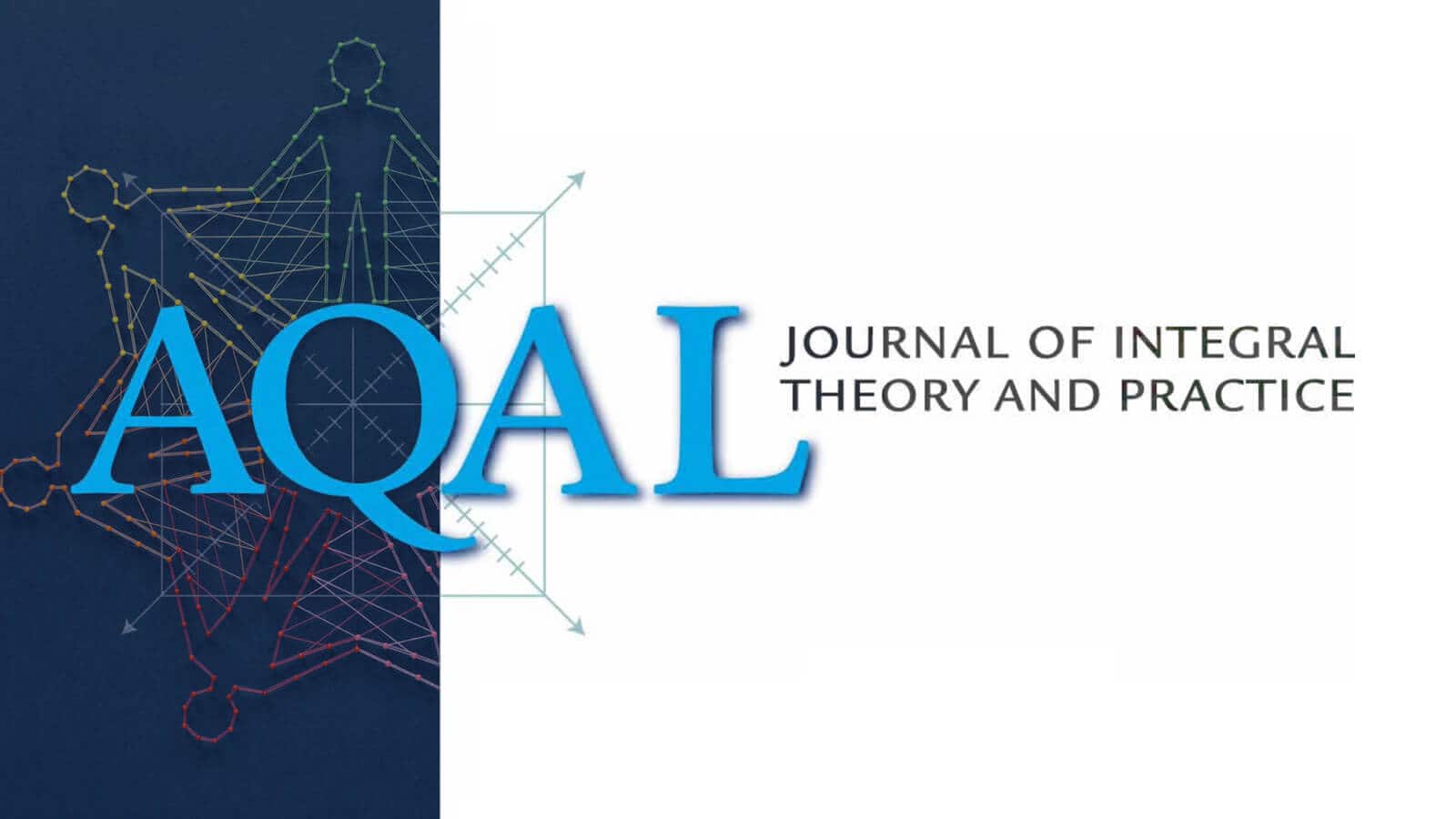This article introduces the reader to the profession of social work and its evolution over time. By simultaneously attending to both the person and the environment, social work has been a more comprehensive profession. Although social work has been inherently striving for a more integrative approach from the beginning, it has lacked a meta-theory that could address people, their environments, and integrate previously competing theories. Integral Theory is that meta-theory. Social workers are invited to consider this meta-theoretical approach to the service they provide.
Introduction
The profession of social work emerged through the effort to address the person-environment interaction in the service of improving peoples’ lives and facilitating transformation and growth through skillful interventions. Social work is geared toward helping underprivileged members of society, enhancing the well-being of people within their social context, and addressing the welfare of society as a whole.1 By simultaneously attending to both the person and the environment, social work has actually been more comprehensive in its approach. It is this degree of inclusiveness that has made it challenging to explicate. Although social work inherently strove for a more integrative approach from the beginning, it has lacked a theory that could address both people and their environments by integrating the various theories drawn upon by social workers.
One result of this lack of theoretical cohesion has been a division in the profession between social workers who emphasize the person and those who focus on environmental interventions. In order to adhere to its comprehensive vision, social workers have made various attempts throughout the history of the profession to integrate theories and create integrative models of practice. The purpose of this article is to 1) introduce the reader to the profession of social work, especially as it has evolved through history to have a dual focus (the person or the environment); 2) to critique previous attempts to conceptualize social work in an integrated manner; and 3) to propose Integral Theory as a more appropriate conceptual framework than previous attempts to integrate these two aspects into a single focus of social work.
You must log in to your Integral Life membership account in order to access this Journal article.
Become a member today to access this Journal article and support the global emergence of Integral consciousness
Membership benefits include:
Premium Content
Receive full access to weekly conversations hosted by leading thinkers

Journal Library
Receive full access to the growing Journal of Integral Theory & Practice library

Live Experiences
Stay connected by participating in Integral Life live events and discussions
Courses & Products
Get unlimited 20% discount off all products and courses from our friends and partners

Free Bonus Gifts
Download The Integral Vision eBook by Ken Wilber (worth $19 on Amazon) & The Ken Wilber Biography Series

Support of the movement
Support our mission of educating and spreading integral consciousness that is more critical than at any time in its history
About Heather Larkin
HEATHER LARKIN holds an MSW from Boston University and is currently a doctoral candidate at the National Catholic School of Social Service, The Catholic University of America. Prior to pursuing her doctorate, Ms. Larkin spent seven years as a clinical social worker at Northern New Hampshire Mental Health and Developmental Services and has extensive experience with clinical issues such as severe mental illness, emotionally disturbed children and their families, aging, developmental disability, depression, anxiety disorders, abuse issues, family issues, medical issues, substance abuse, and co-occurring disorders.

